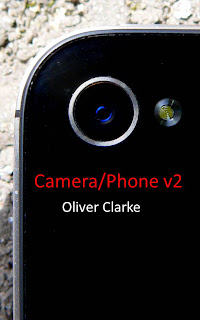The publisher I was most familiar with was "Gold Eagle books" who seem to still be going, although not with the same vigour they were in the 80s and 90s. Gold Eagle are I believe a subsidiary of Harlequin, the romance publisher, and that gives a good feel for what the books are like. They're written to a template and churned out quickly, the difference with Gold Eagle books is that the protagonist spends the novel killing people rather than swooning.
Here's a link to what I think is the official Gold Eagle blog.
Gold Eagle
My current "story a week project" (see the post about it here) fits in quite nicely with this style of writing and, as the books were always a guilty pleasure for me, I thought I'd try my hand at a series of my own. My musings on the subject ended up with the character of Jill Teague, a surgeon whose husband has been killed by criminals and who decides to take the law into her own hands. The Men's Adventure heroes often had cheesy nicknames (The Executioner, The Survivalist, etc) and so I wanted Jill to have one of her own. That came, in fact, before her given name did and is of course Guillotine! (the exclamation mark is obligatory).
I very deliberately decided to have a female protagonist because I wanted to avoid at least some of the macho clichés of the genre. Guillotine! also owes a debt to Peter O'Donnell's "Modesty Blaise" comic strip and novels which were also firm favourites of mine as a teenager. The key difference with Jill Teague is that she isn't in any way supposed to be eye candy or an object of desire for the reader.
Guillotine!'s first story, 'Hot Blood, Cold Heart' is available now from Amazon.
Amazon UK
Amazon US














